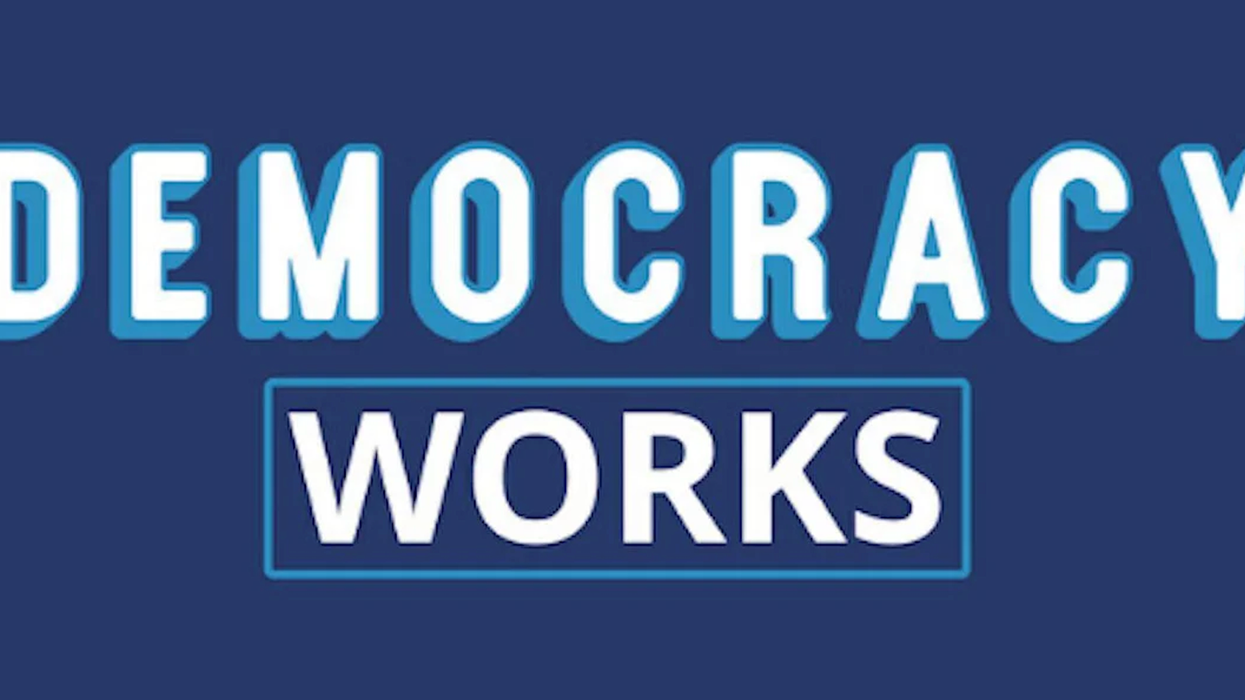Jamelle Bouie's writing spans everything from 19th century American history to 1990s movies, but he's spent a lot of time recently thinking about America's founders, the Constitution, and the still-unfinished work of making America a multi-everything democracy.
In that work, he's identified a contradiction that he believes is impeding democratic progress: "Americans take for granted the idea that our counter-majoritarian Constitution — deliberately written to constrain majorities and keep them from acting outright — has, in fact, preserved the rights and liberties of the people against the tyranny of majority rule, and that any greater majoritarianism would threaten that freedom," Bouie wrote.
In this interview, Bouie discusses that claim and why he's looking to Reconstruction as a time that could provide lessons for our current political moment. Bouie is a columnist for the New York Times and political analyst for CBS News. He covers U.S. politics, public policy, elections, and race.




















Trump & Hegseth gave Mark Kelly a huge 2028 gift